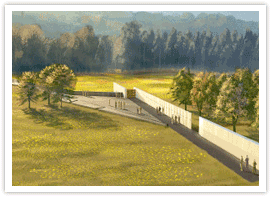Well, it is. And ARMA International, along with local ARMA chapters, have many exciting and educational events planned across the globe. Just yesterday, I had the pleasure to be one of the presenters at the
Metro Maryland Seminar 2011, which took place at the University of Maryland Shady Grove Conference Center.
Highlights of the conference were shared on Twitter, and once in a while with the audience on the large screen shown in this image.
It provided me the welcome opportunity to discuss a topic I passionately believe in
Reocrds Management: The Cornerstone of an Effective Information Governance Strategy. I also was invited to provide highlights of a recent research report,
How Federal Agencies Can Effectively Manage Recorsds Created Using New Social Media Tools.
It was also an opportunity to learn from my two co-presenters: Michael "Mike" Daconta and Richard Hogg.
Michael "Mike" Daconta, Chief Technology Officer and co-founder of Accelerated Information Management (AIM), LLC provided his perspective on I
nformation Management and Transparency in the Cloud. Mike is the author of a number of works, including
The Smeantic Web: a Guide to the future of XML, Web Services, and Knowledge Management.
Richard Hogg, ERMp, B.Sc, MBCS, CITP has been with IBM since the 2003 acquisition of Tarian Software, where he served as Chief Client Officer. Richard, an IBM Redbooks author, shared his views on RM for the Future .. what is needed today and future challenges, in his presentation titled,
Information Governance 2.0+.















